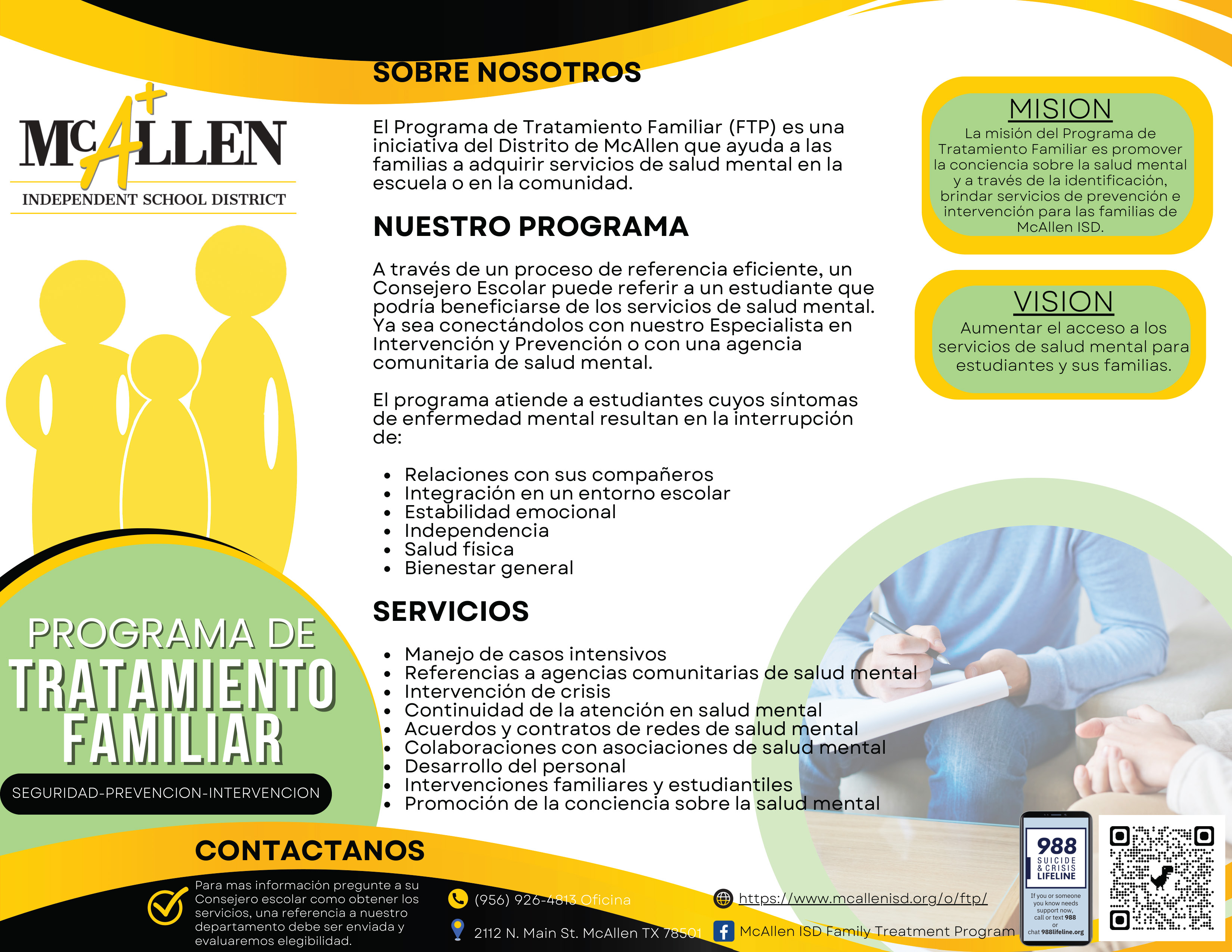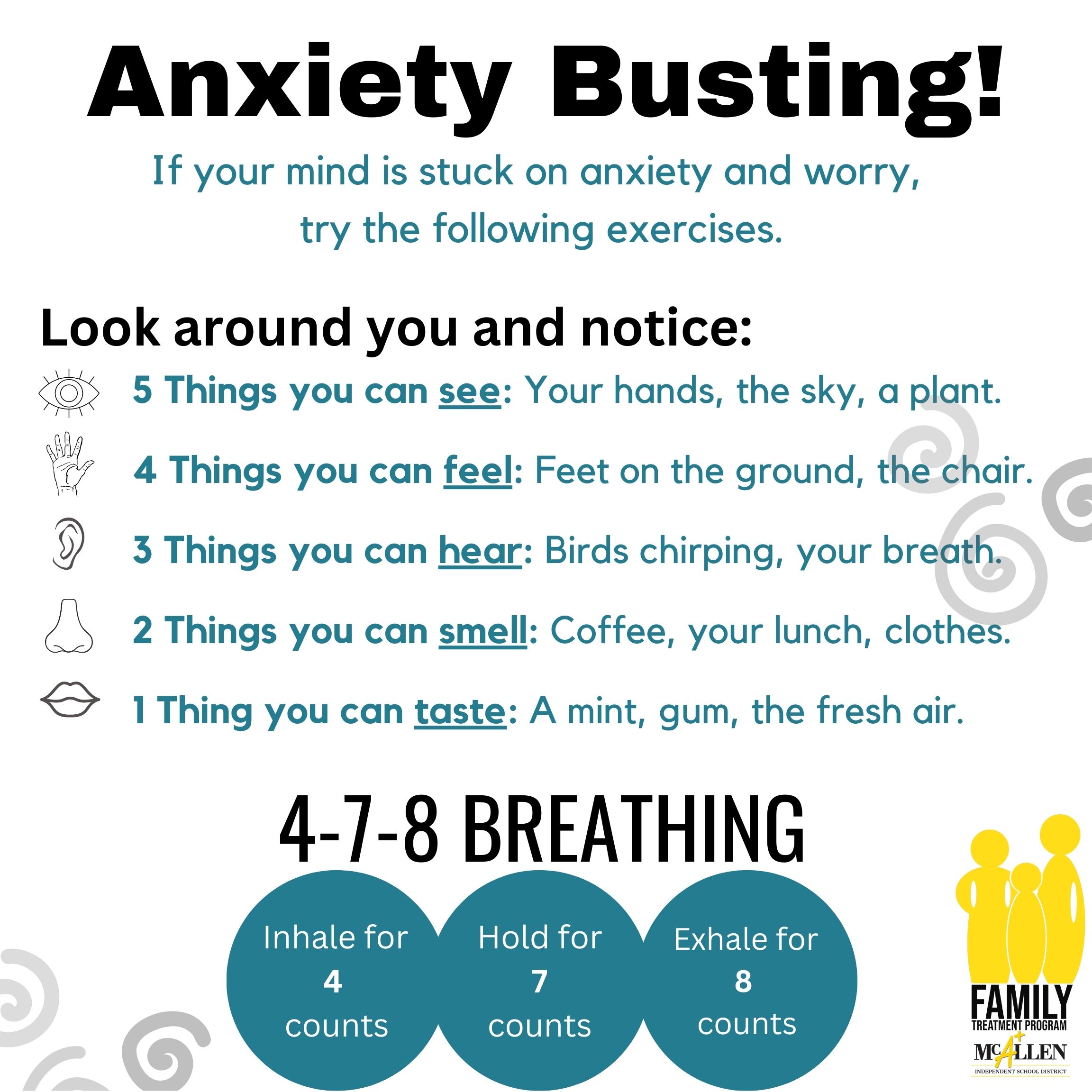Different types of mental illness
Causes
Risk factors
Diagnosis
Treatment
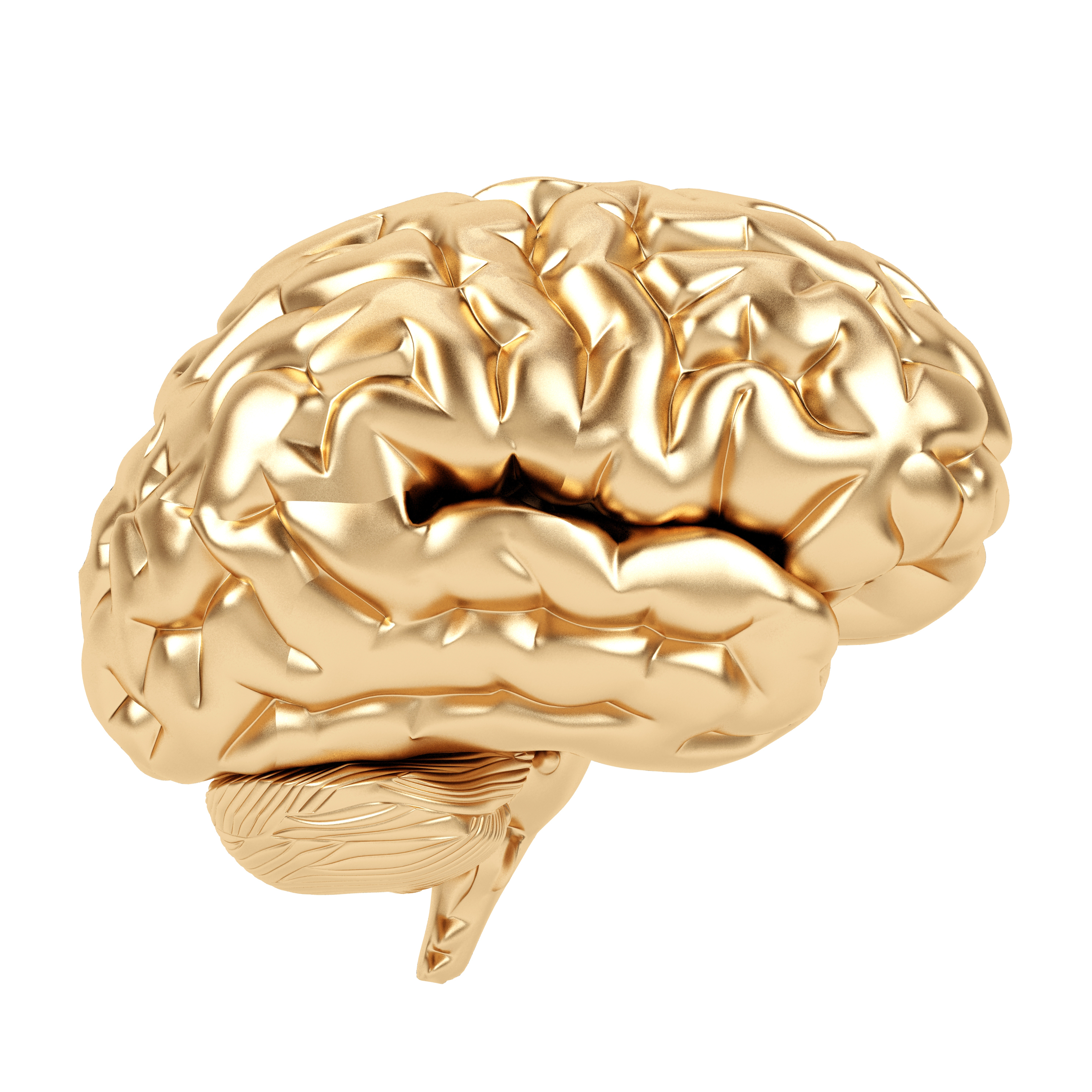
MENTAL HEALTH DISORDERS

HOW TO TALK ABOUT MENTAL HEALTH
Try leading with these questions, and actively listen to your child's response:
Can you tell me more about what is happening? How are you feeling?
Have you had feelings like this in the past?
Sometimes you need to talk to an adult about your feelings. I'm here to listen. How can I help you feel better?
Do you feel like you want to talk to someone else about your problem?
I'm worried about your safety. Can you tell me if you have thoughts about harming yourself or others?
When talking about mental health problems with your child you should:
Communicate in a straightforward manner
Speak at a level that is appropriate to a child or adolescent's age and development level (preschool children need fewer details than teenagers)
Discuss the topic when your child feels safe and comfortable
Watch for reactions during the discussion and slow down or back up if your child becomes confused or looks upset
Listen openly and let your child tell you about their feelings and worries
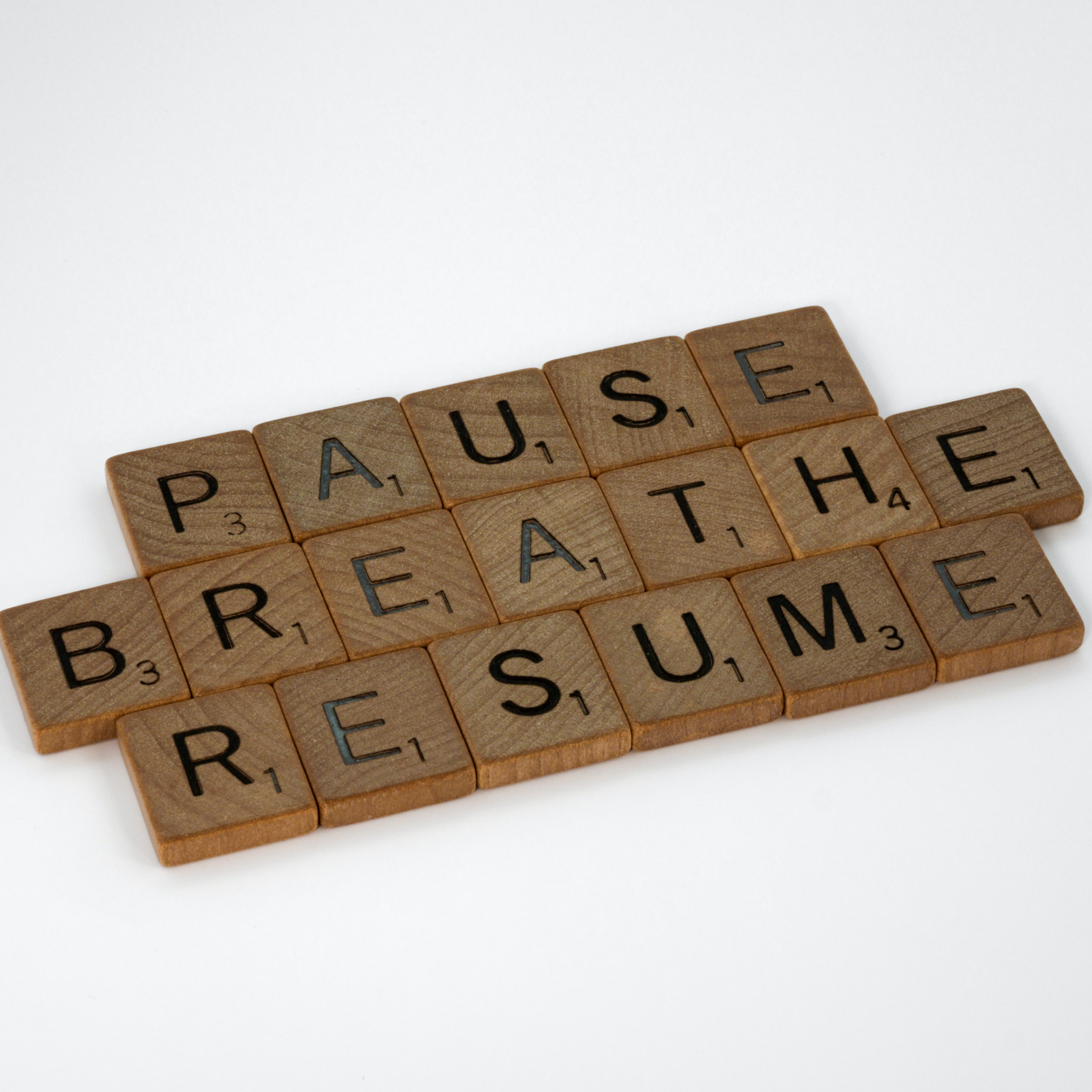
HELPING CHILDREN COPE AFTER A TRAUMATIC EVENT
Make your child feel safe
Act calm
Maintain routines as much as possible
Pick good times to talk
Understand that children cope in different ways
Listen well
Acknowledge what your child is feeling
Know when to seek help

HELPING YOUR TEEN COPE WITH TRAUMATIC STRESS AND SUBSTANCE ABUSE
Talking to your children about these events can help put frightening information into a more balanced setting. Monitor what children see and hear about stressful events happening in their lives. Here are some suggestions to help children cope:
Maintain a normal routine
Talk, listen, and encourage expression
Watch and listen
Reassure your child about his or her safety and well-being
Connect with others

PARENT TRAININGS
McAllen ISD offers free access to virtual and In-person trainings at their campuses on a variety of mental health topics.
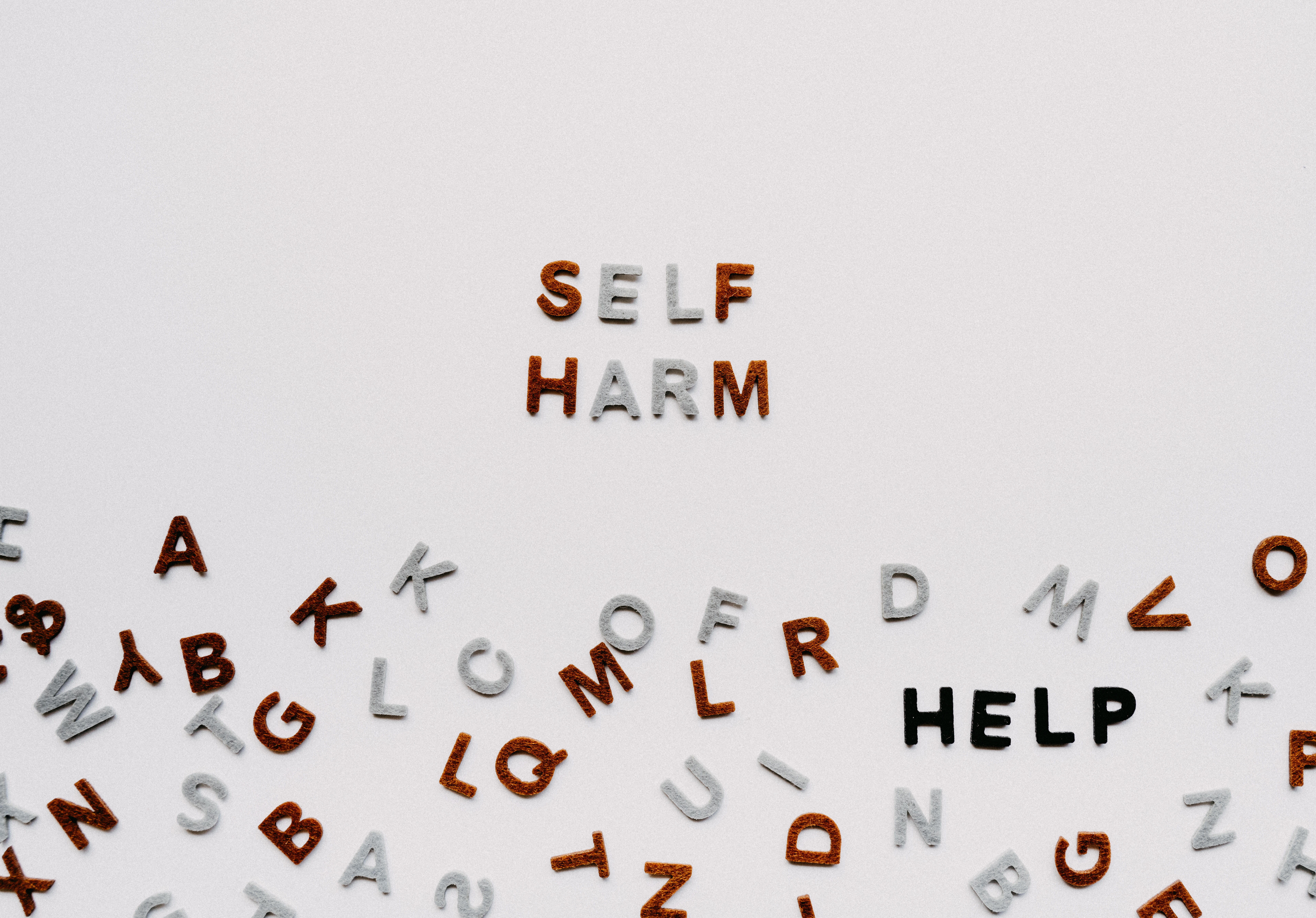
SELF-HARM
Though self-harm is not a mental health disorder, it is often a symptom of other conditions, which makes understanding self-harm facts and statistics essential.
Self-harm refers to a person's harming their own body on purpose. About 5% of people hurt themselves in this way. More females hurt themselves than males. A person who self-harms usually does not mean to kill himself or herself. But they are at higher risk of attempting suicide if they do not get help.
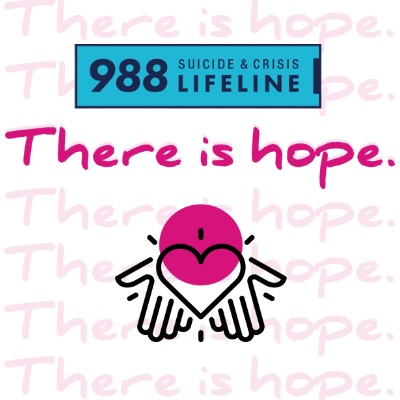
SUICIDE PREVENTION
Suicide takes precious lives. It can affect anyone, anywhere at any time, devastating families and even entire communities. But it is preventable.
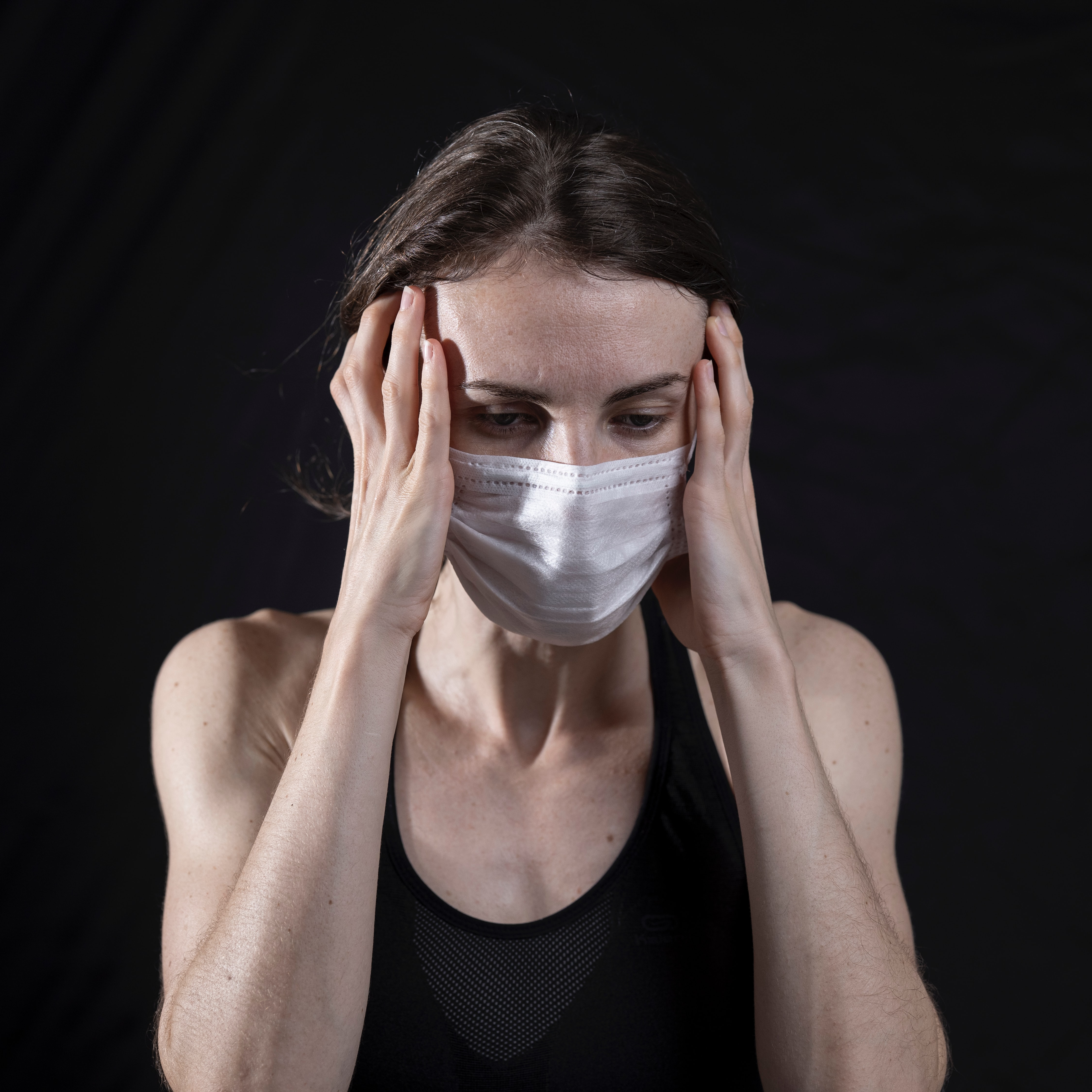
WHEN TO ASK FOR HELP?
Trying to tell the difference between what expected behaviors are and what might be the signs of a mental illness isn't always easy. Each illness has its own symptoms, but common signs of mental illness in adults and adolescents can include the following...

A ROAD TO RECOVERY
Addressing mental health symptoms early is critically important for overall health.




